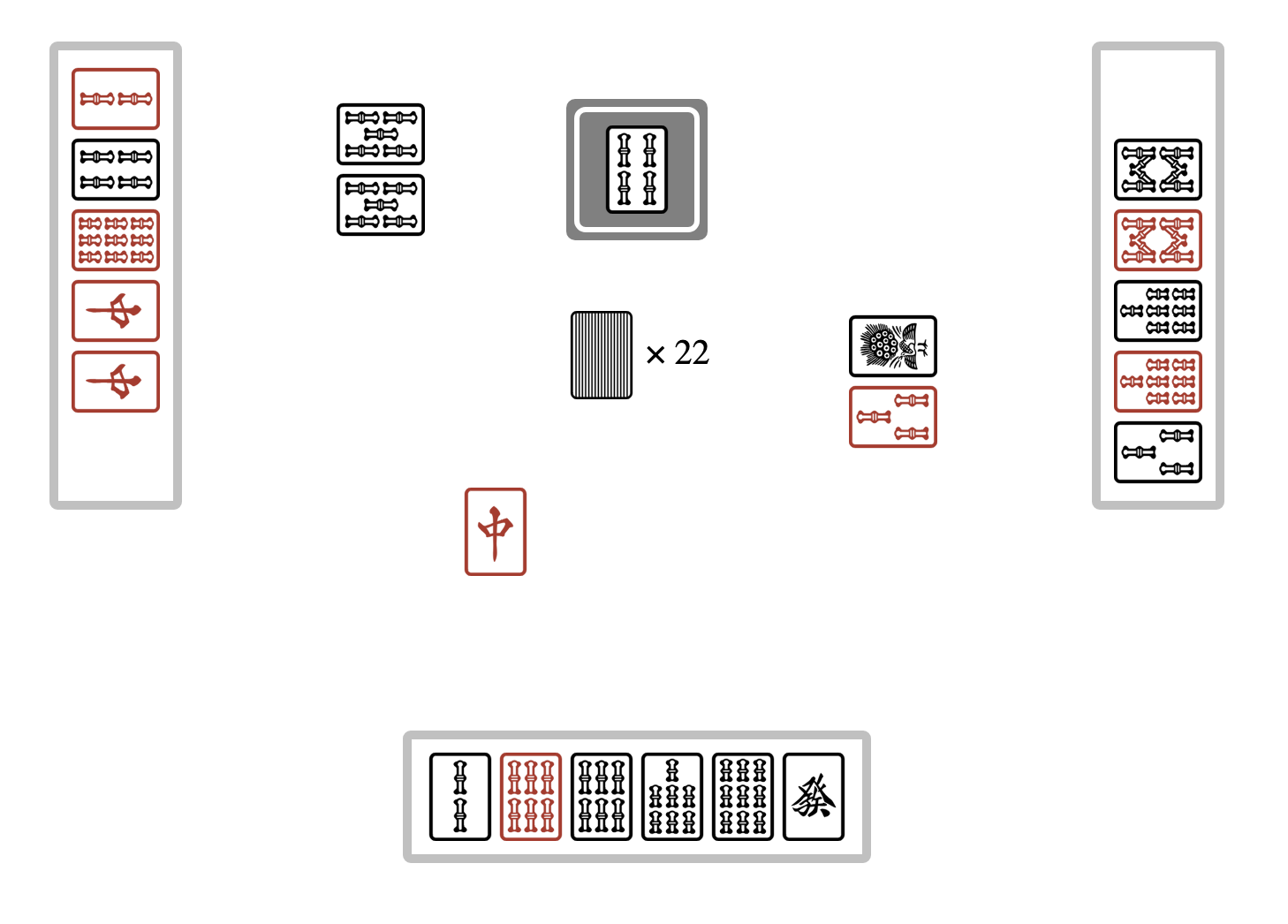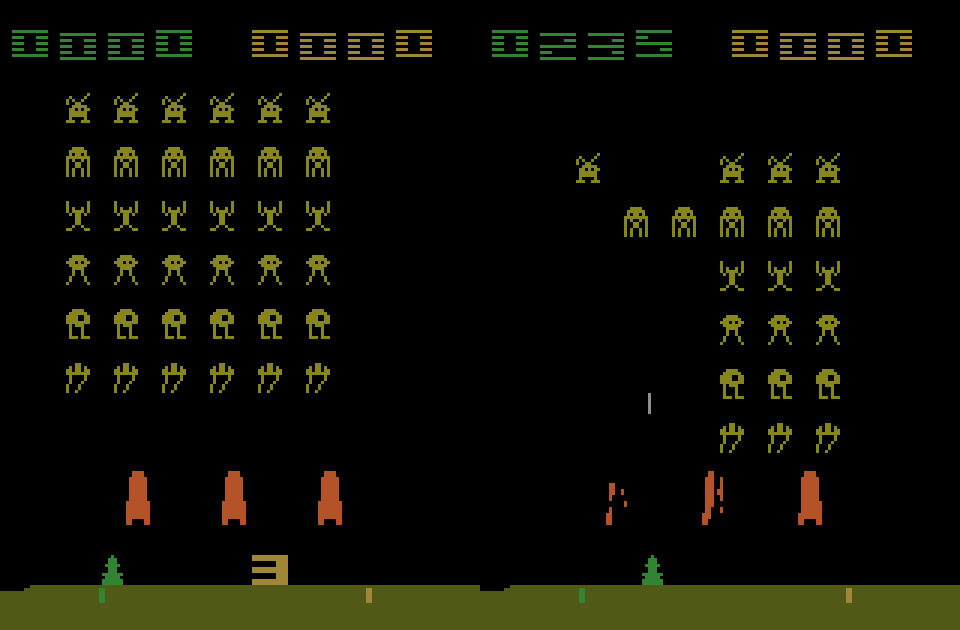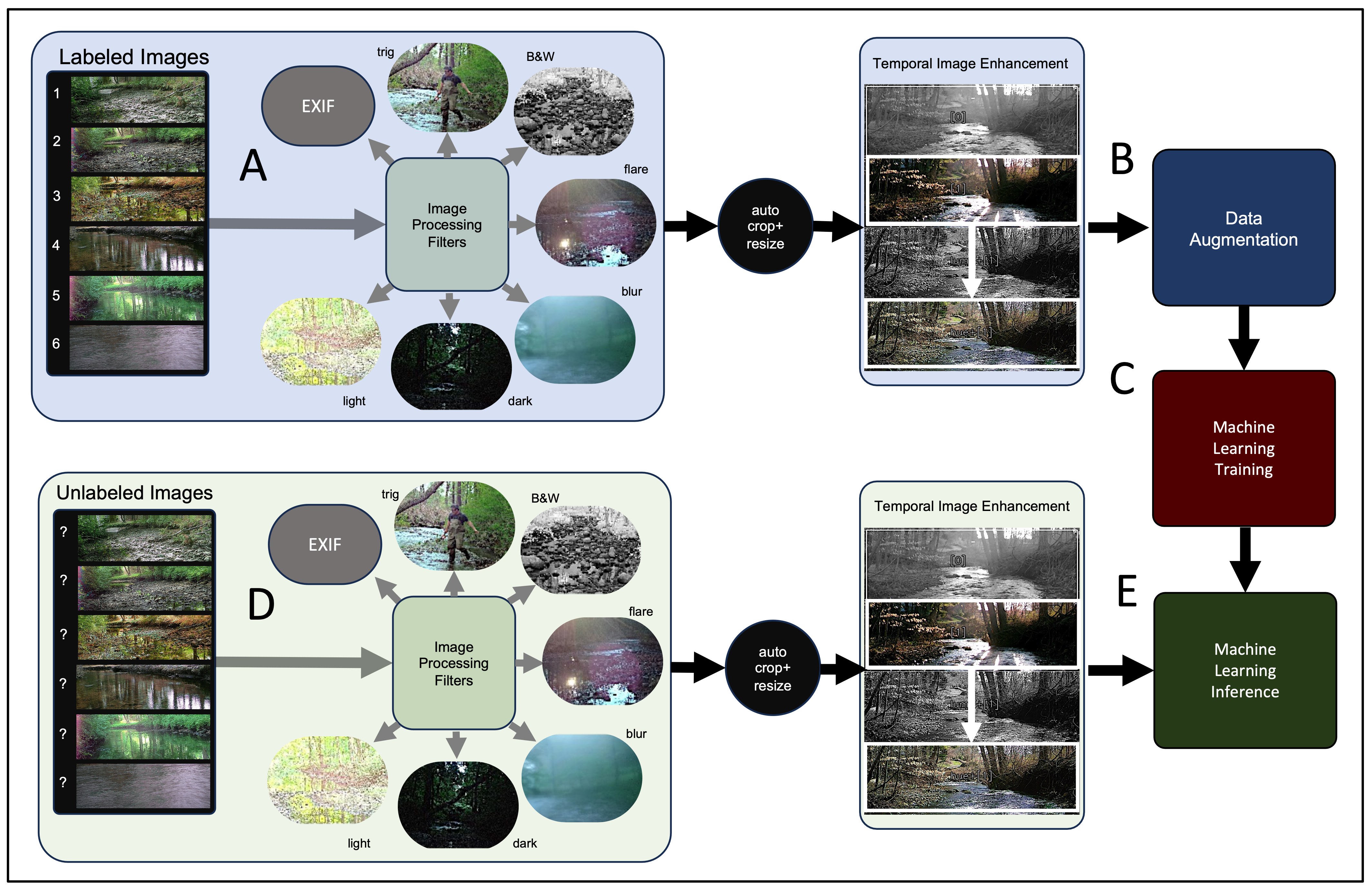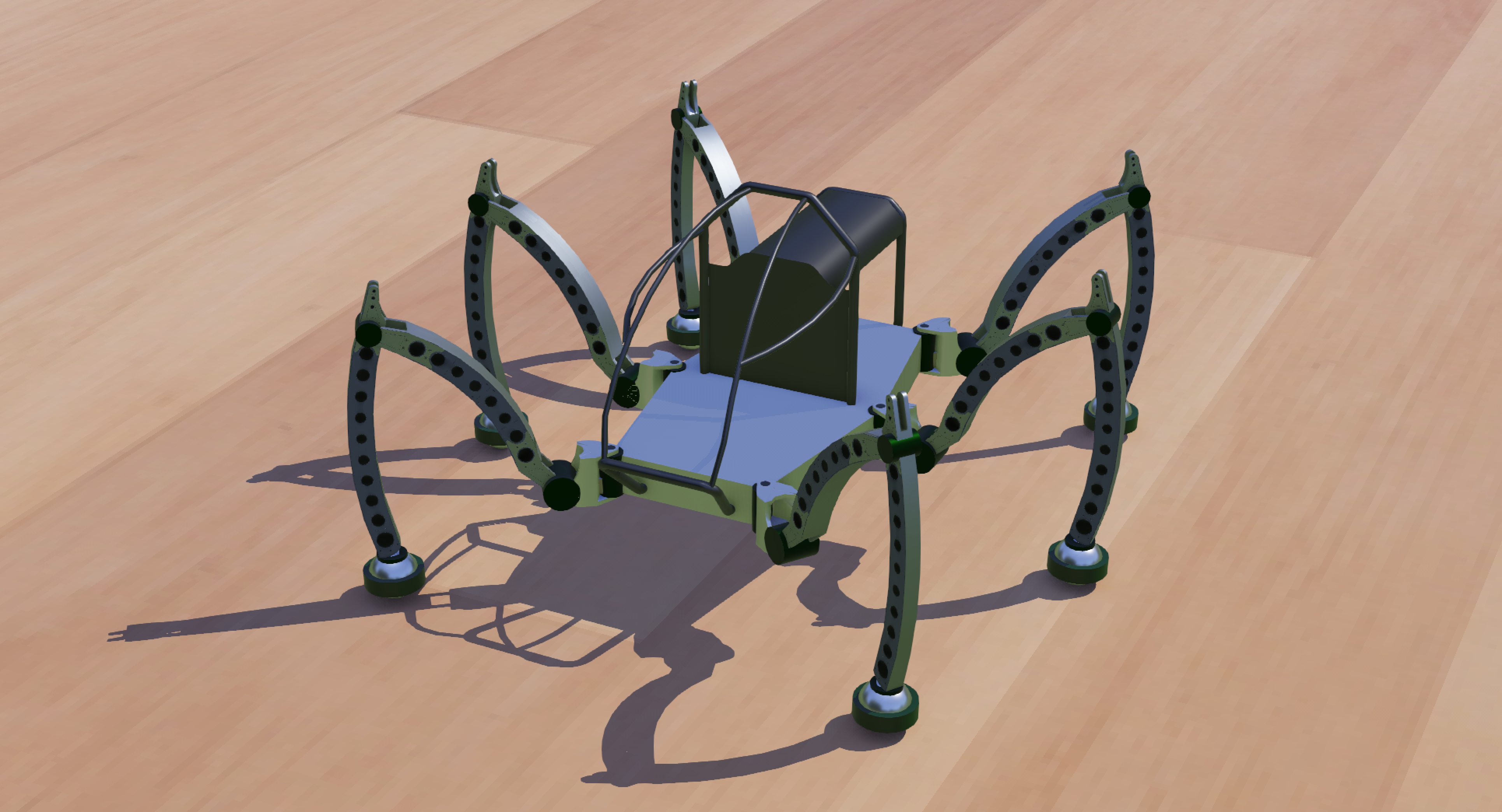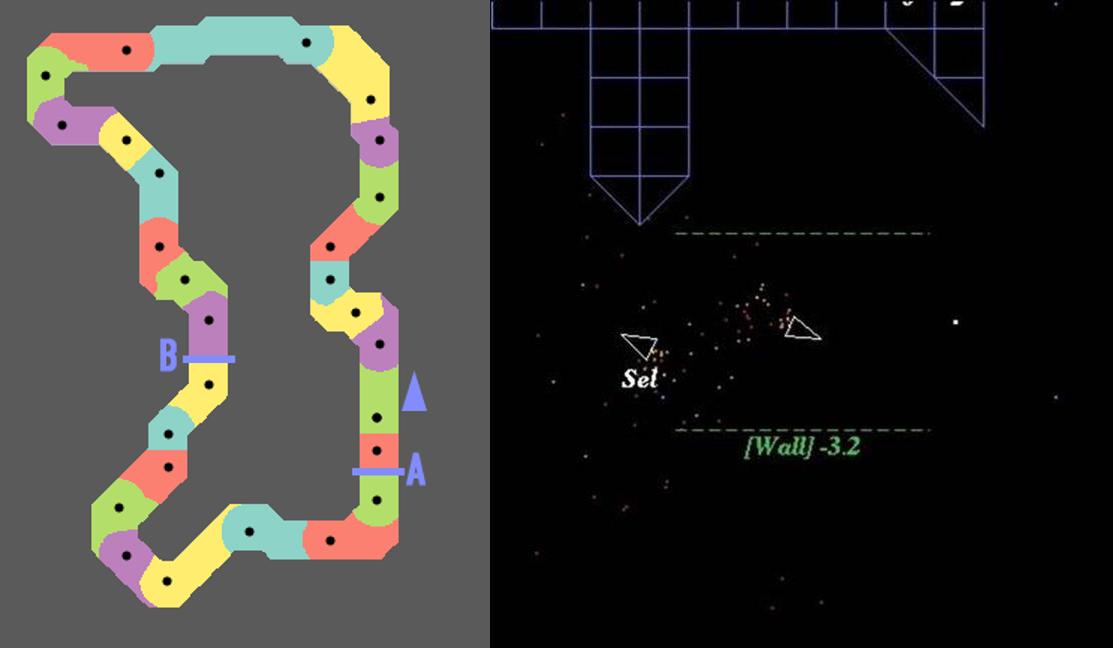|
Derin Gezgin I am currently a third-year undergraduate student at Connecticut College, double majoring in Computer Science and Statistics and Data Science. While pursuing my degrees, I collaborate with professors at Connecticut College, Cornell University, and University of Pennsylvania on research projects in areas such as artificial intelligence for games, computer vision, and software engineering. At the same time, I work as a teaching assistant and grader for multiple Computer Science and Statistics courses. I was also a member of the Connecticut College Computer Science Student Advisory Board as the Diversity Chair. My Erdős number is 4. |

|
ResearchI'm a member of two research labs at Connecticut College: the Autonomous Agent Learning Lab, where I work with Dr. Gary B. Parker and Jim O'Connor, and the Informatics Lab, where I work with Dr. Timothy James Becker. My research in the Autonomous Agent Learning Lab focuses on artificial intelligence for games and evolutionary robotics, while in the Informatics Lab I work on real-world applications of computer vision and machine learning. Outside of Connecticut College, I collaborate with Dr. Saikat Dutta at Cornell University and Dr. Mayur Naik at the University of Pennsylvania. I contribute to IRIS, a neuro-symbolic framework that combines large language models with static analysis to detect security vulnerabilities across entire software repositories. |
Publications |
Teaching ExperienceI am lucky to serve as a teaching assistant for the courses below, working with classes of 20–40 students. In the 2025–2026 academic year, I also serve as the COM110 TA Manager, coordinating the TA team and scheduling for night, lab and grading sessions. So far, as an undergraduate student, I have accumulated over 425 hours of TA service. COM110: Introduction to Computer Science and Problem Solving Connecticut College • Spring 2024 - Present Introductory computer science course focused on problem-solving with Python and real-world applications COM212: Data Structures Connecticut College • Fall 2024 - Present Intermediate computer science course in Java focusing on data structures, recursion, and software design COM219: Computer Organization Connecticut College • Fall 2025 - Present Computer organization and architecture, covering hardware, memory, and system levels down to assembly COM322: Computer Vision Connecticut College • Spring 2026 - Present Upper-level course covering image processing, feature detection, segmentation, recognition, and video analysis, with hands-on implementation of core computer vision methods STA107: Introduction to Statistics Connecticut College • Spring 2026 - Present Introductory statistics course focused on data analysis, visualization, probability, and statistical inference using real-world datasets and statistical software STA207: Advanced Regression Techniques Connecticut College • Fall 2025 - Present Applied regression methods including linear, multiple, and logistic regression with model diagnostics, transformations, and variable selection, using case studies and statistical software to analyze real-world data |
